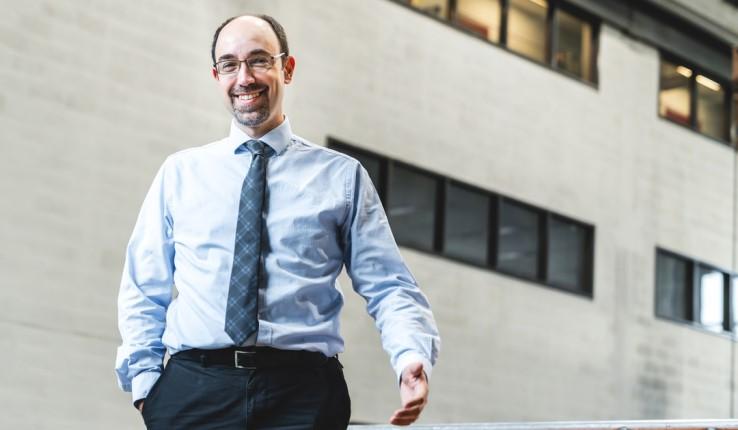The policy debate about foreign STEM workers has always been contentious: Do foreign workers in the U.S. on temporary visas take jobs away from domestic workers? Some say yes, and it seems like common sense. After all, the more workers competing for a limited number of jobs, the tighter the employment market for all.
This was the reasoning behind an executive order issued by the Trump administration on April 22, 2020, that suspended the entry of alien workers into the U.S. on common work visas like H1-B, H2-B, and L. On June 22, in response to unprecedented unemployment related to the coronavirus pandemic, the President extended this order through the end of the year.
The H1-B visa is particularly important, says Jing Gong, assistant professor in Lehigh’s department of Decision and Technology Analytics. “This is how highly-skilled nonimmigrant workers come to the United States to work in the STEM fields (science, technology, engineering, and mathematics). The thinking is that foreign workers will create greater competition and fewer job opportunities for domestic job seekers.”
Research into the subject by Gong and study coauthors Xue Guo from University of North Carolina at Charlotte and Min-Sock Pang from Temple University, however, shows that the opposite may be true. Their study, “Creation or Destruction? STEM OPT Extension and Employment of Information Technology Professionals,” demonstrates that not only do foreign STEM workers not take Americans’ jobs, they help increase opportunities, salaries and innovation for all.
The research focuses on the Optional Practical Training (OPT) extension program for non-native STEM graduates from U.S. institutions, which now allows grads to work in the U.S. for 36 months in 163 different STEM occupations. Many remain after that period and continue working STEM jobs on H1-B visas. “This can also be a potential path to citizenship,” says Gong.
Gong and her coauthors sifted through years of data from multiple sources including the U.S. Census and U.S. Citizenship and Immigration Service (USCIS), examining employment status, occupation, wage, income, location, birthplace, citizenship, education and race.
Their results: The OPT extension increases the number of domestic workers by 7.1% in IT occupations compared with 3.6% in non-IT STEM occupations. Also, the data suggests that the STEM OPT extension has “positive and significant” effects on the average wage for workers in IT occupations (OPT gives domestic workers the equivalent of a 3.4% raise).
“It appears that foreign-born workers complement American workers, encouraging innovation and entrepreneurship,” says Gong. Their study notes that “talented foreign IT professionals can contribute to greater firm performance by improving business processes, building stronger IT-business relationships and enabling global expansion. This establishes IT as a strategic contributor to firm performance and competitiveness and leads firms to hire more domestic IT workers.”
Even though her study results indicate that a closer look at U.S. immigration policy is warranted, Gong is quick to point out, “This is just one study. Other studies have shown similar results, but it will take more research for there to be real policy change.”
Meanwhile, last August, the USCIS made it more expensive for foreign-born workers and students to stay and work
in the U.S. The fees for many types of work visas increased by 50% or more as of Oct. 2, 2020.
Why it Matters: Immigrants start companies in the U.S. at twice the rate of native-born Americans. Nearly half of current Fortune 500 companies were founded by immigrants or children of immigrants.





